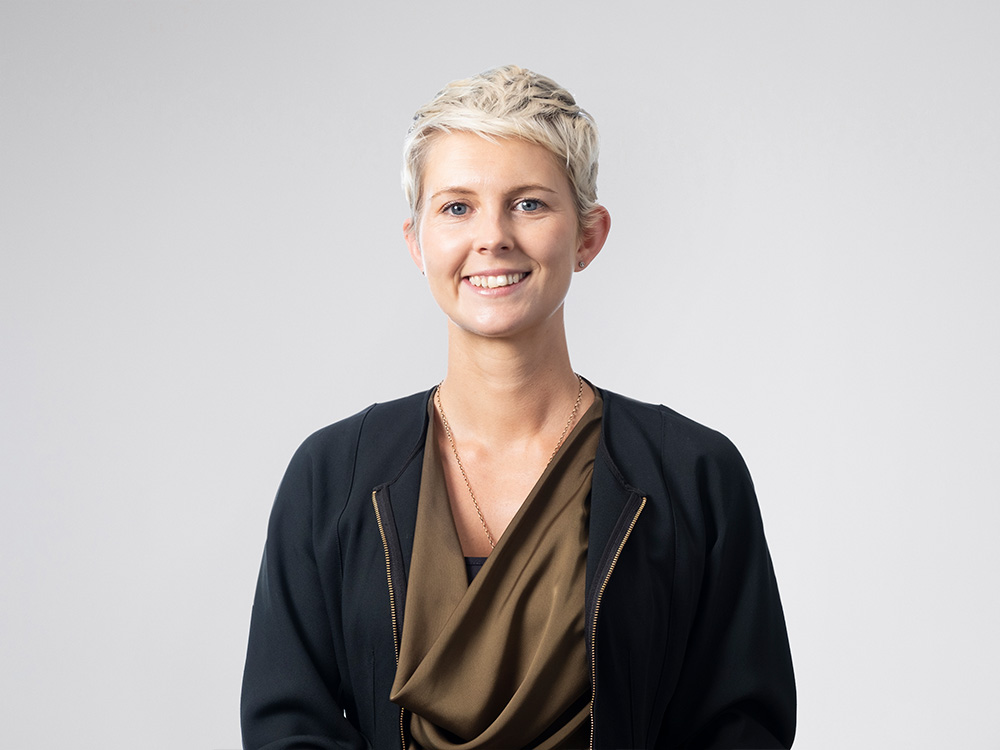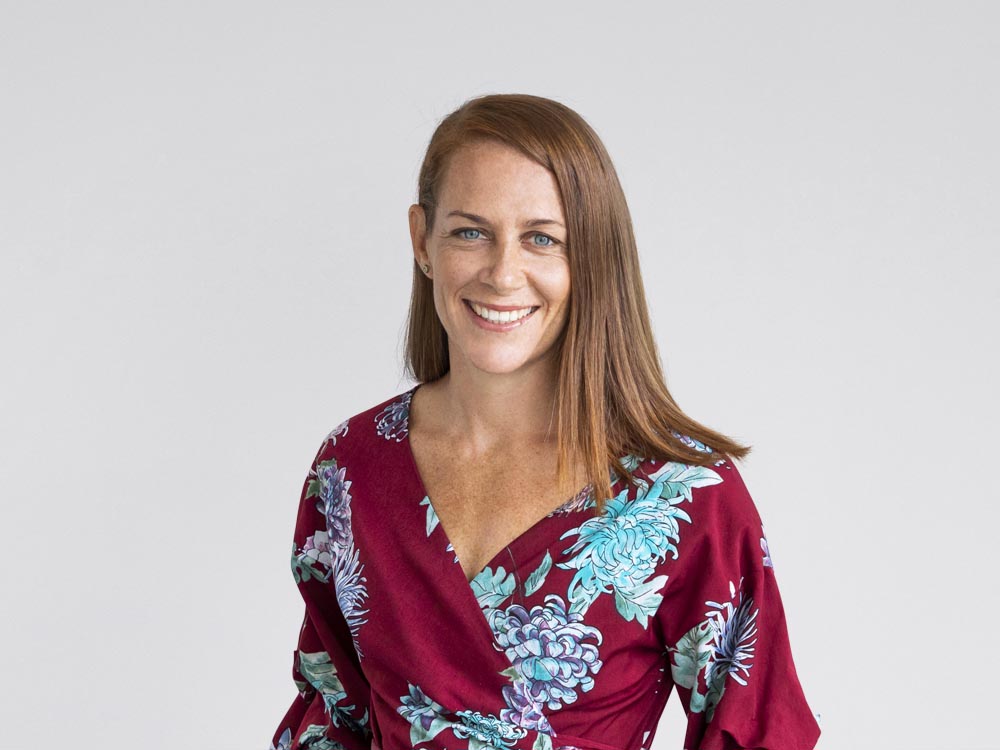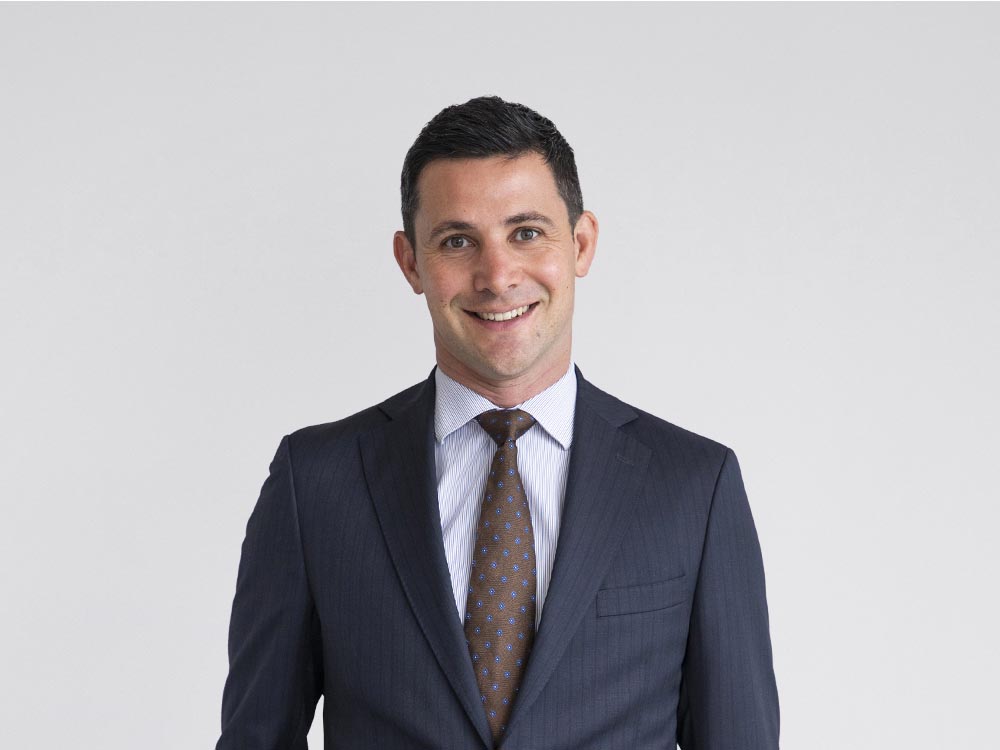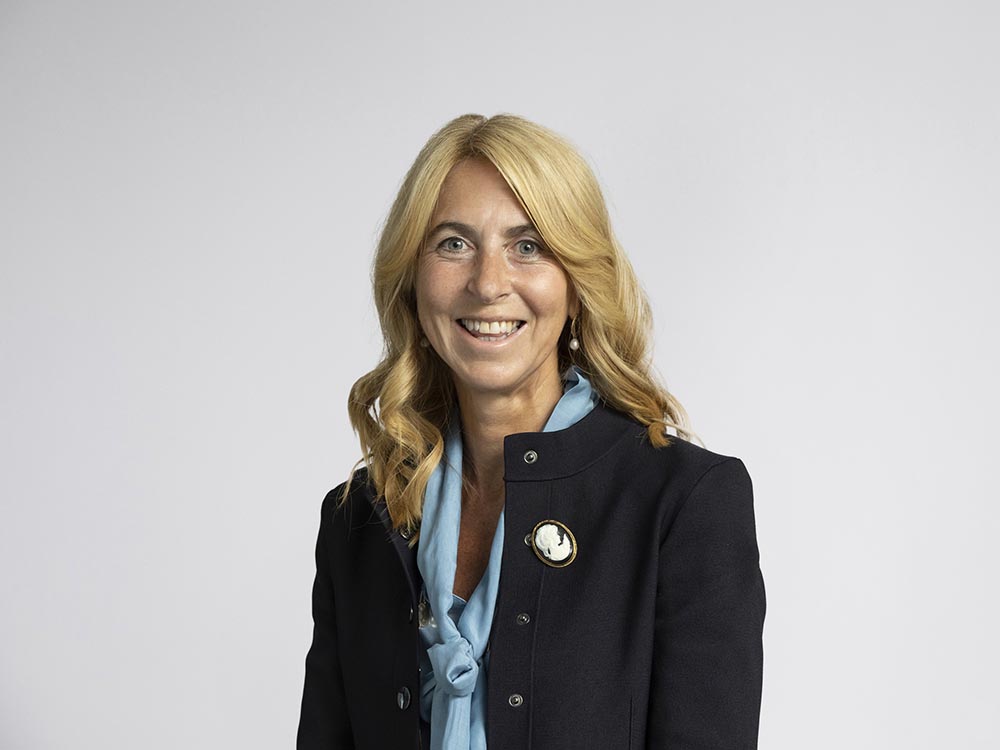However, one commercial fishing business has been deliberately implementing positive changes to its operations for some time and is now receiving recognition. Moana New Zealand, the country’s largest 100% Iwi-owned fishing company, has hooked the Kaitiaki Business Award at the Aotearoa Māori Business Leaders Awards: Ngā Tohu Kaiārahi Pakihi Māori o Aotearoa for its work to ensure the sustainability of inshore commercial fisheries for future generations.
The awards were established by The University of Auckland in 2003 to acknowledge the academic success of Māori studying business, and to honour and celebrate the success and achievements of Māori business leaders. MinterEllisonRuddWatts is proud to sponsor the Kaitiaki Business Award, which recognises organisations that uphold Māori values to promote and achieve environmentally sustainable outcomes.
Rachel Taulelei (Ngāti Raukawa ki te Tonga, Ngāti Rārua), Chair of the Moana New Zealand Board, filled us in on what it means for Moana New Zealand to win the award:
“We’re incredibly excited and humbled by this recognition,” she says. “To receive this award, especially in our industry, is truly special. I’m so proud of the Moana New Zealand team, who actively contribute and improve the wellbeing of not just the moana, but the people and te ao.
The award is proof that Māori can lead in this sector through applying our values. It shows that mātauranga Māori has a place in sustaining fisheries. It also gives us an opportunity to shed some light on the climate headwinds our industry faces and the important work our team has been doing to meet those challenges.
“This year is particularly special for Moana New Zealand as we celebrate 20 years since our establishment. I want to thank our Iwi owners for their steadfast guidance and support over the past 20 years as a 100% Iwi-owned business in the fisheries sector. Iwi are the true guardians of the world’s most pristine and sustainably managed fisheries. At Moana we feel a deep sense of responsibility to all people, respect for kaimoana and kai ora, and we are dedicated to the wellbeing of future generations.”
How does the award shine a light on the need for sustainable fisheries in Aoteroa?
There is no doubt that there are some pressing issues confronting fisheries in our country, she says.
“The most pressing issue is two-fold, and both parts are challenging to address. First, climate change is the most urgent issue confronting our world. Much like the farmers on land, our fishers and kaimoana growers are impacted by warming waters and turbulent storms, which are having a significant impact on the migration and growth of fin fish, shellfish and seagrass species.”
Adding to this she says are other manmade stressors on land that result in pollution and run-off, both contributing to the deteriorating health of Aotearoa New Zealand’s coastal waters.
“What happens on land has considerable repercussions in the ocean. This is why it’s so important for us to not only be custodians on the water, but on the whenua in the places where we operate.”
The award therefore highlights the opportunity presented by a te ao Māori view of the interconnectedness of everything.
“As a values-based, Māori-owned business, we work each day to understand and improve on our connection to the environment – for the people are intrinsically tied to both the whenua and moana. The award gives us a chance to show that human wellbeing and livelihoods are dependent on healthy and resilient land and fisheries.
“It also enables us to highlight that we can’t do it alone. We believe in the power of kotahitanga, working collaboratively and in partnership with other organisations that share our values of whakapapa, manaakitanga, whakatipuranga and kaitiakitanga. It’s a collective Kaupapa that everyone needs to be on board for its success. With our mokopuna in mind, we honour them – and each successive generation after them – with our actions today.”
What is the work that the Moana team has done – and is doing – to make progress?
The Moana New Zealand journey began with a passionate working group of kaimahi who recognised the importance of addressing the big environmental challenges that Aotearoa, and the world, is facing.
“Where it makes sense, we also support the voluntary shelving of quota to support the recovery of quota species,” Rachel adds.
“We are looking at building resilience in our farmed Pacific oysters to safeguard against disease and the changing environment through a selective breeding programme at Kirikiritātangi, our state-of-the-art oyster hatchery in Nelson.”
On land, Moana New Zealand has also built a shared roadmap to reduce its carbon emissions, minimise the use of freshwater across operations, and investigate ways in which they can reduce the use of plastics packaging and fossil fuel use across sites. “We also rely on partnerships with organisations that share in our values and work, wherever possible, to bring them on board.”

The award is proof that Māori can lead in this sector through applying our values.
What’s next?
Having gathered baseline carbon data over recent years and set targets to be carbon net zero by 2040, Moana has refreshed its sustainability strategy with measurable goalposts. These, says Rachel, include a decarbonisation roadmap to guide the path forward.
“Our approach is evidence-based, aligns with the best-available climate science, and is driven by a substantive set of emissions data that we have collated over the past five years to ensure our lofty goals are viable.
“Most importantly, we want to create positive change in the world of commercial fishing and for Iwi to be proud of what we do. The biggest opportunity for Aotearoa in regard to making the right kind of change is in the confidence that mātauranga Māori can bring scalable change to the world. “What we face in Aotearoa is no different to many other fisheries around the world.
However, wouldn’t it be exciting for Aotearoa if we were able to improve the way everyone fishes through our indigenous-led approach? There is no limit to what we can do if we work collectively.”





